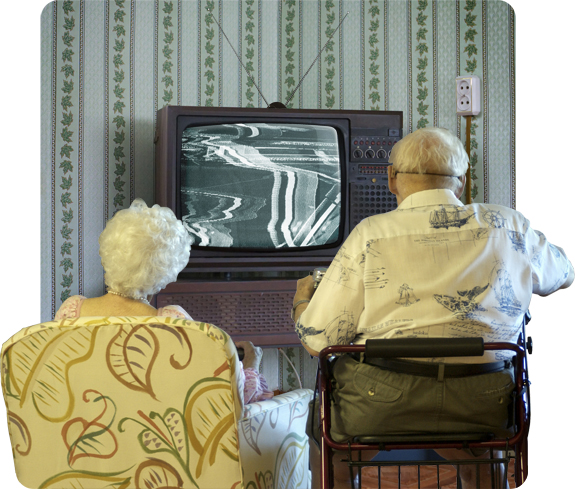

Fact #1
With the exception of family, millennials value health above all else. In a recent study, 79% said that family was important in their lives, followed by health and wellness at 53%, friends (39%), spirituality (31%), and work and career (27%).
Fact #2
Nearly half consider healthy eating a lifestyle choice as opposed to a goal-driven diet.
Fact #3
A full 84% exercise at least once per week, and nearly half feel that exercise is their passion.
Fact #4
They are earning less than older generations, but spend more on health and fitness.
Fact #5
They’re more likely to do yoga, meditate, and turn to natural therapies than older generations.
Fact #6
They believe health is the gateway to success—9 in 10 “pursue good health” so they can be successful in other areas of life.
Fact #7
Health and wellness apps are helping to fuel mobile growth and Millennials are fueling the demand for health-related apps.
Fact #8
Millennials share health info with their friends and followers. In fact, 35% share health news through social media and text, and 29% report sharing health info on websites and community boards, and through email.
Fact #9
Health goals are motivated by a desire to live long, healthy lives, to improve the quality of their lives, and to reduce stress and feel happy.
Fact #10
Millennials get their health information from a variety of websites and sources. Top sources include general health sites, social media, magazine websites, fitness sites, and holistic wellness websites.
So marketers from health and wellness to apparel and vitamin supplements have an opportunity to appeal to the millennial consumer by crafting advertising messages that appeal to their core values of good health, family, and physical fitness.
Millennials are one of the most health-focused generations in decades. Whether they’re training to run a marathon, choosing healthy food options at lunch, or making the decision to quit smoking, this generation is paying attention to positive and healthy habits.
Most millennials look at their workplace as an extension of their lives rather than something they just clock into, so it’s natural they would also want to make sure it’s a healthy environment. Factors that appeal to them, such as exercise rooms or agile or mobile are worthwhile incentives, and not only will the office be a better place to come to each day, it also makes the company more attractive to potential hires. Agile furniture with movable desks and walls are perks for millennials as opposed to the heavy leather chairs and bulky mahogany desks.
More and more successful companies are beginning to implement health and wellness programs that appeal to the Millennial Generation, as well as benefit employees of all ages. But when it comes to making sure a corporate wellness program hits all the right buttons for talented millennials, the workplace should look into making it a healthy environment.
Unlike the microwave oven, millennials are not seeking instant gratification when it comes to health and wellness. Therefore, because many are spending more time in the office now more than ever they want some freedom and flexibility to do more than just sit in a cubicle. Ideally, they want to stay healthy rather than sedentary, and they’d prefer to incorporate mindful living in the workplace.
Because millennials love sharing on Social Media keeps up the competition – using a Fitbit or Smartphone helps to keep them on track. Water cooler chatter has been replaced with achieving the daily 10,000 steps around the office. 85 percent of millennials have a mobile phone, and 75 percent have at least one social media profile demonstrating the value millennials place on having meaningful interactions with their peers.
With more and more Millennials creating long-term friendships with their colleagues, it’s important for them to integrate parts of their active lifestyle with the social aspect of their job making their approach to health and wellness better than ours.
How do you keep your mind and body healthy?


